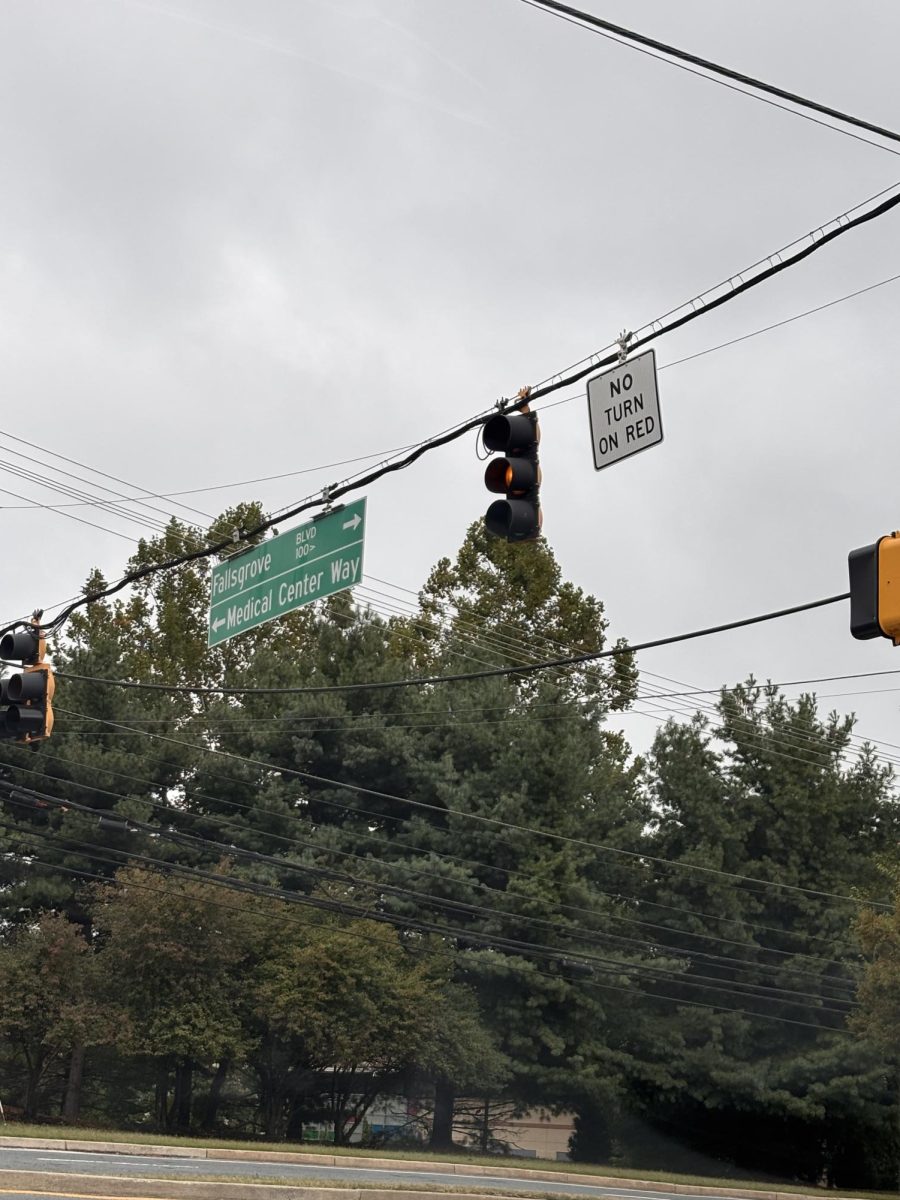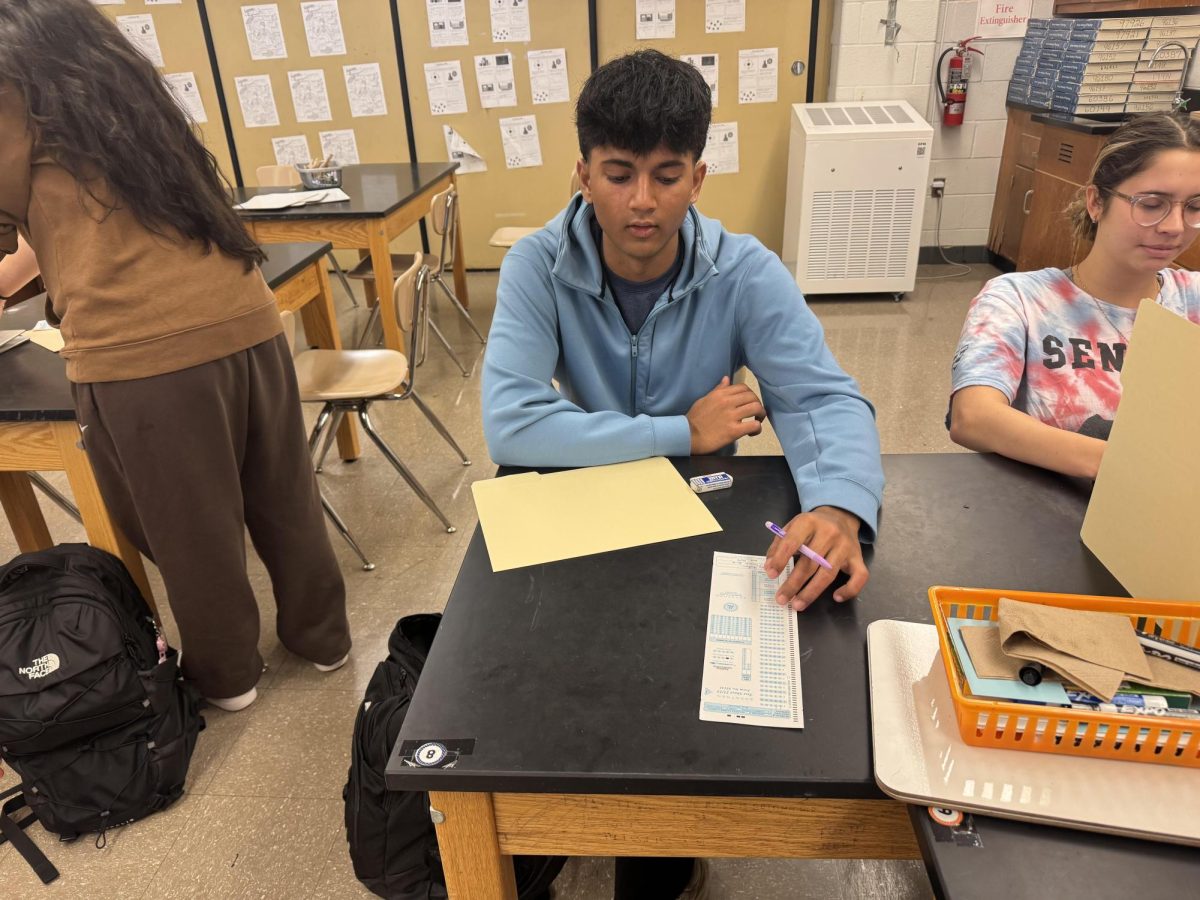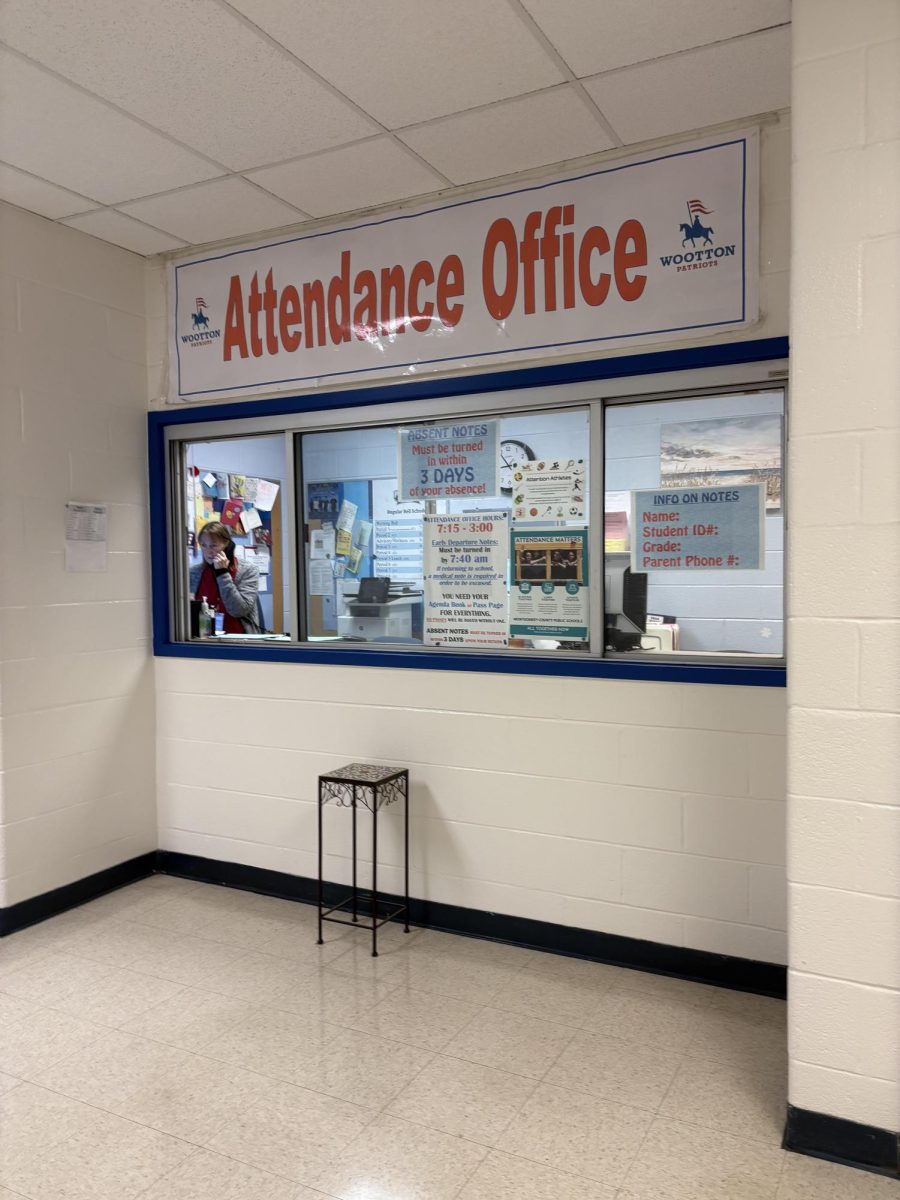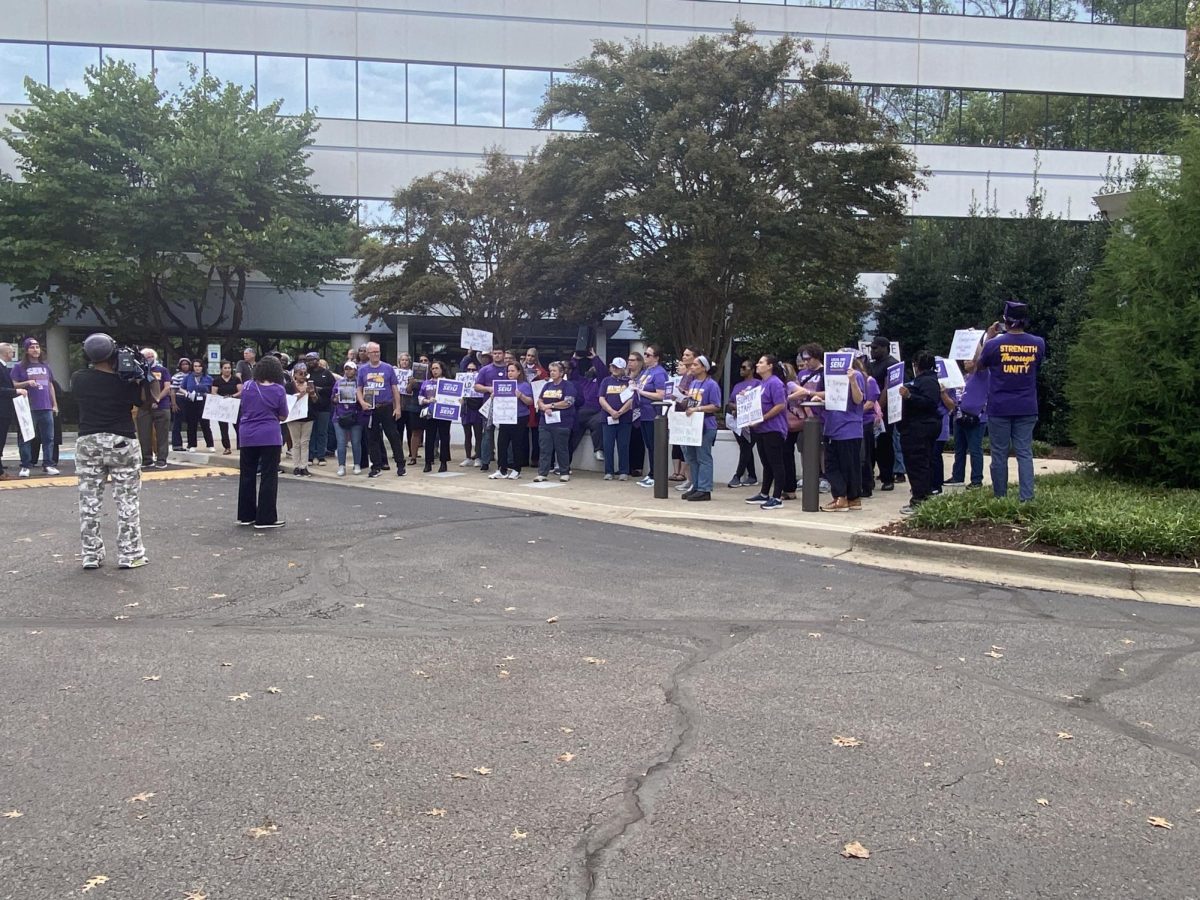If you had $2.5 billion, how would you spend it? A large sum of money that bountiful should not be taken lightly. So what would one do with it? Turns out, if you’re MCPS, the answer to that question is to spend it on bridging the achievement gap.
Superintendent Jack Smith’s latest budget proposal for the upcoming fiscal year is centered around a $2.5 billion allocation toward bridging the achievement gap. This continues previous action on an issue that has long been at the forefront of lawmakers’ minds. After this issue played an enormous role during former superintendent Joshua Starr’s term, Smith has made sure to lay a foundation for action early in his tenure, detailing the intricacies of his plan in the proposal he hopes will bring solution to a problem that has plagued the country since its foundation.
The achievement gap is mainly created from a lack of opportunity. “Kids who grow up in a different environment have to deal with different aspects of life,” junior MSP member Preston Shay said. “[Minorities] don’t always have the same opportunities.”
Bridging the achievement gap has been a prevalent issue on the county agenda for a long time, so it comes as no surprise that it is once again at the forefront of the budget. “Perhaps no school district in the nation has shown a greater commitment to closing the achievement gap than Montgomery County Public Schools” the county said via its website. “MCPS is committed to ensuring that student outcomes are not predictable by race, ethnicity, socioeconomic status or educational need.”
Smith had previously gone on the record in July to say that bridging the achievement gap would be a top priority, and he has made good on that promise so far. “[It is] my number one concern as we start this school year,” Smith said in July to thewashingtonpost.
Introduced in the latter stages of last school year, this is Smith’s first budget proposal and his vision is clear. According to bethesdamagazine.com he specifically hopes to provide educators with a better cultural understanding as to better equip them to support underachieving minority students. He also stated that some of the funds will also go toward paying for ACT and SAT testing for those who cannot afford it on their own.
Lastly, Smith is also hoping to designate six schools, dubbed equal opportunity schools in the proposal, that will offer greater access to AP and honors level courses to academically struggling students. “We have decades of success, and we never want to lose that. The way to not lose it is to move more and more students to that high level of learning,”
The goal is clear. “We must educate our students so that academic success is not predictable by race, ethnicity, gender, socioeconomic status, language proficiency or disability,” the county said in its Strategic Priorities report.
The only thing in doubt now is whether enough the county’s efforts will finally be enough. “The county is making opportunities more accessible to minority students but I still think there’s a long way to go in order to close the gap,” junior MSP member Nabila Okudo said.
Peter Hechler
News Editor








